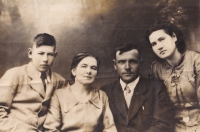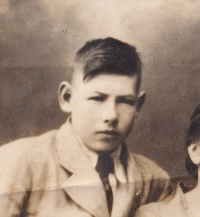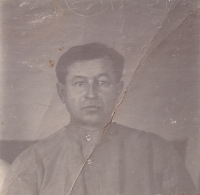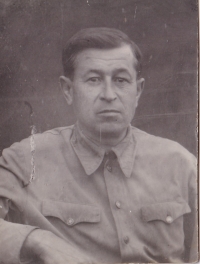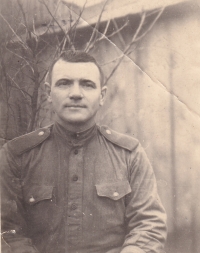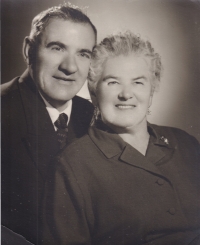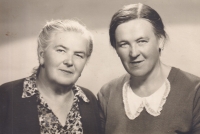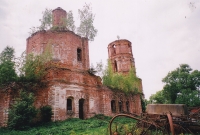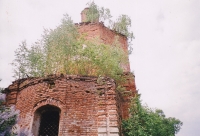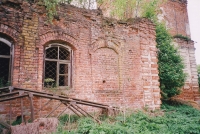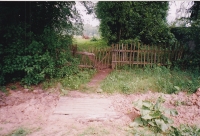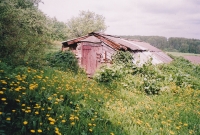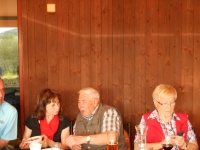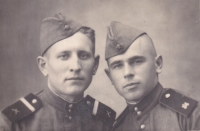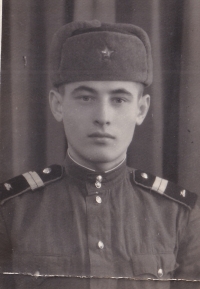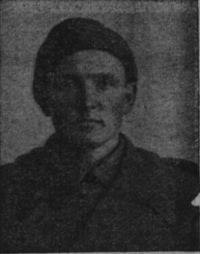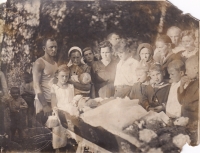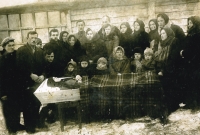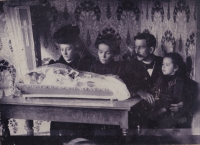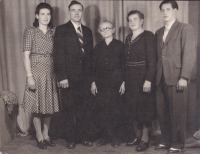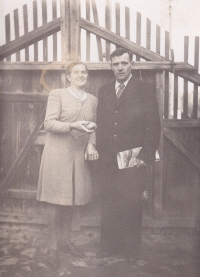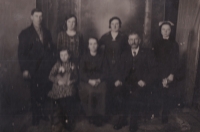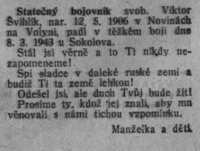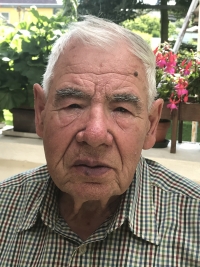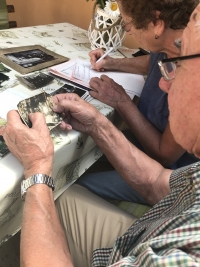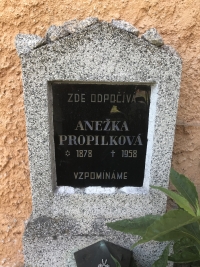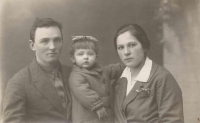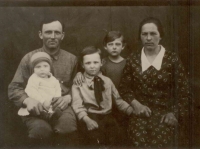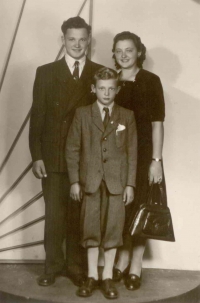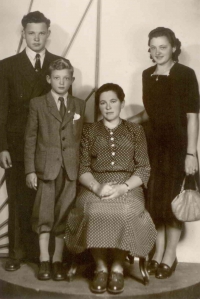Everyone had to work in the kolkhoz, children included

Download image
Evžen Švihlík was born in the village of Rožděstveno in the Tula region in the Soviet Union. His ancestors, the Volhynian Czechs, came from the community of Noviny České. In the USSR, Evžen‘s father was a smallholder and agriculture worker, in 1930, his estate was nationalised and transformed into a kolkhoz, an agricultural co-op(*). In the second half of the 1930’s, Josef Švihlík was arrested by the NKVD [Narodnyy Komissariat Vnutrennikh Del; People’s Commissariat for Internal Affairs, secret police] for killing a pig and he was held in custody for nine months. After the outbreak of war between Soviet Union and Germany, Rožděstvenstvo was occupied by the Nazis. Probably for helping the resistance fighters, the Nazis burned the village to them ground in winter 1941. The Švihlík house was destroyed but the family managed to run away and save their lives. However, all the family photographs and documents were destroyed. In 1942, Evžen’s uncle Viktor joined the Czechoslovak army units operating in Buzuluk and on the 8th March 1943, he fell during the battle of Sokolovo. He became a war hero and was awarded the Czechoslovak War Cross 1939 posthumously. Evžen’s father Josef Švihlík was conscripted to the Red Army. He participated in operations near Kursk where he suffered a serious injury. Until the end of the war, he served as a cook at the First Ukrainian Front. After 1945, the Švihlík family moved to their relatives in Volhnynia and in 1947, they moved, along with other Volhynian Czechs, to Czechoslovakia. They settled in West Bohemia, in Mezidolí near Karlovy Vary. Evžen Švihlík apprenticed as a blacksmith but for all his life, until he retired, he worked in a construction company. He still lives in Mezidolí. (*) In the 1920’s, these agricultural co-ops were established voluntarily, from 1928 on, the creation of kolkhozes was forced.
